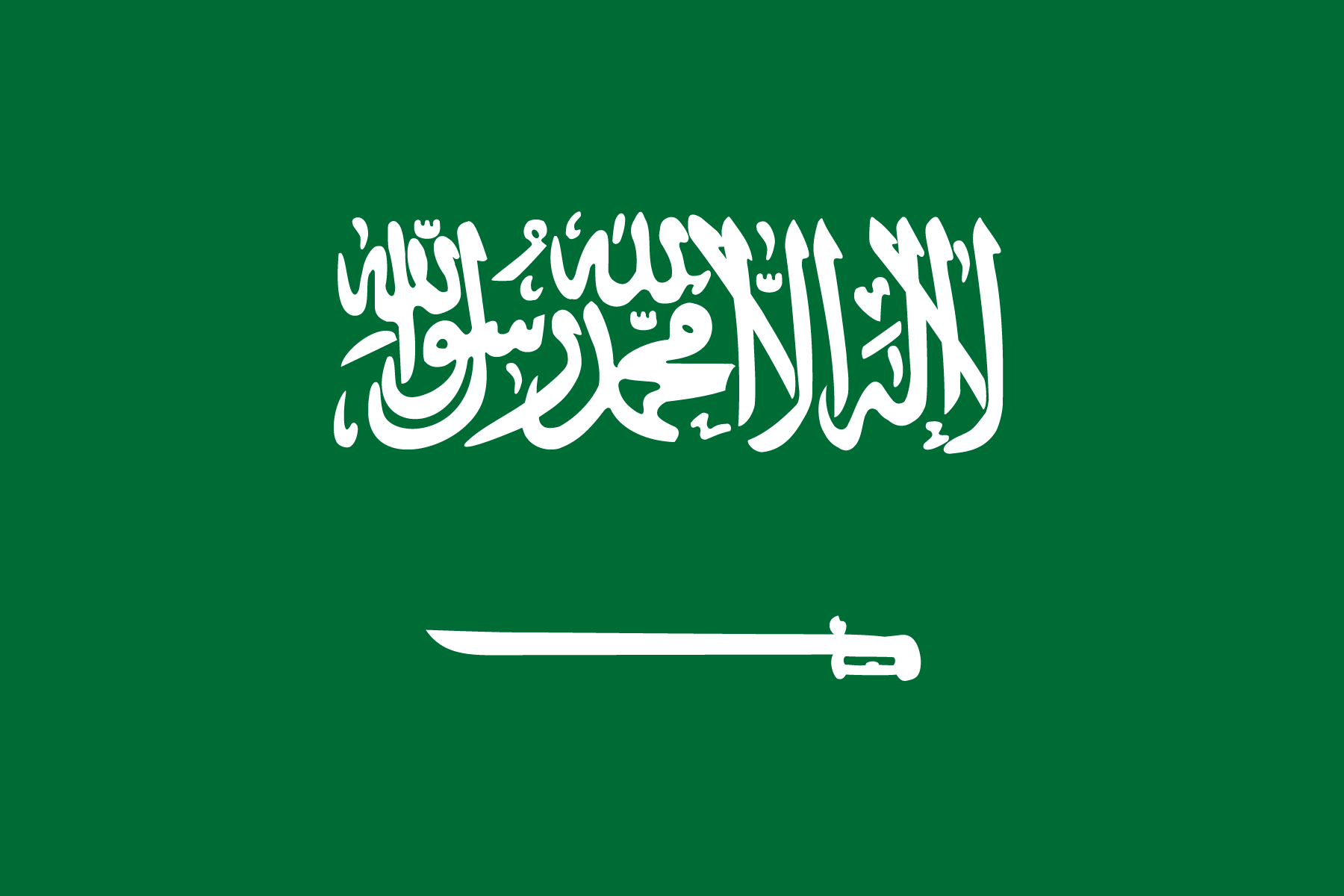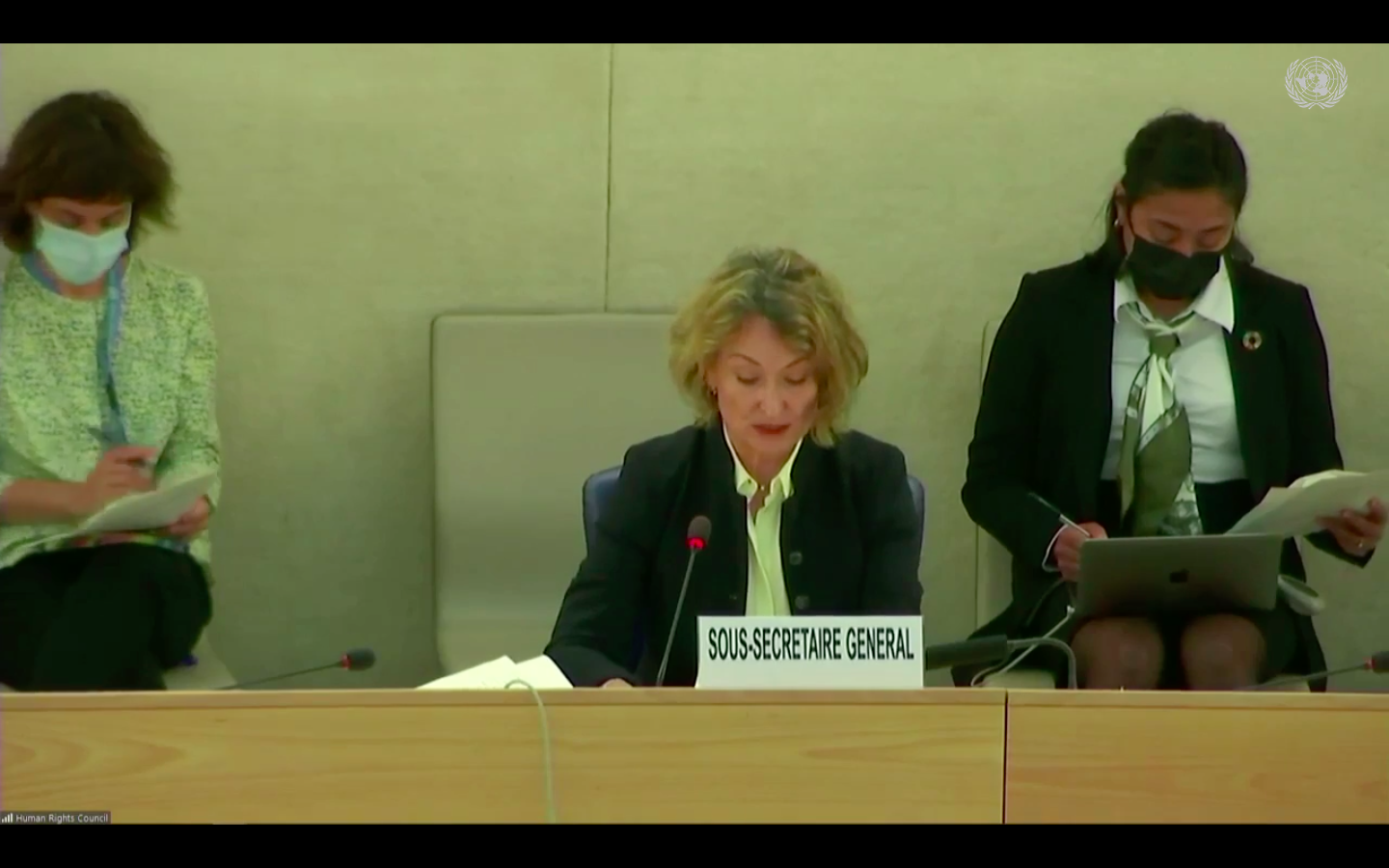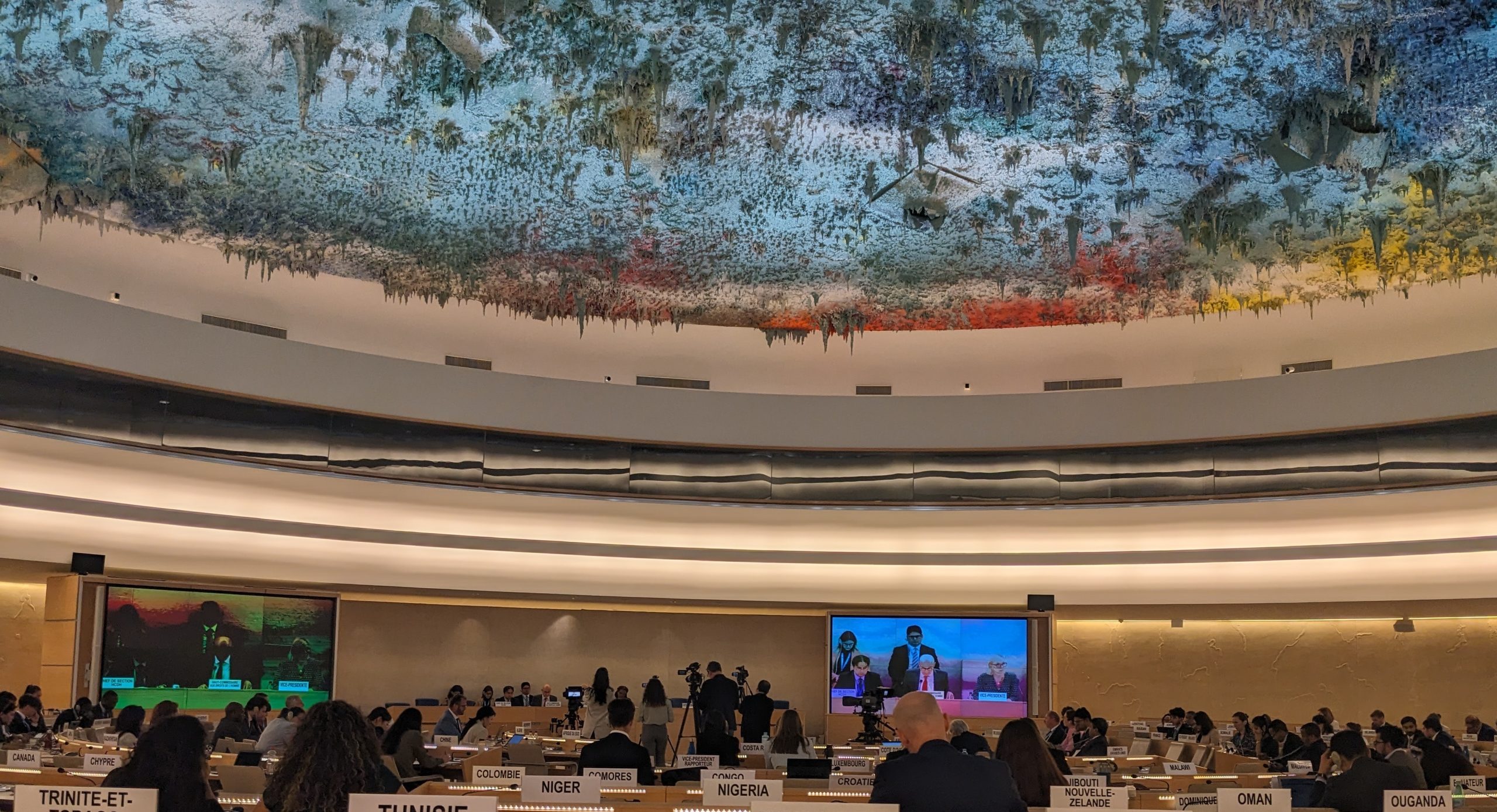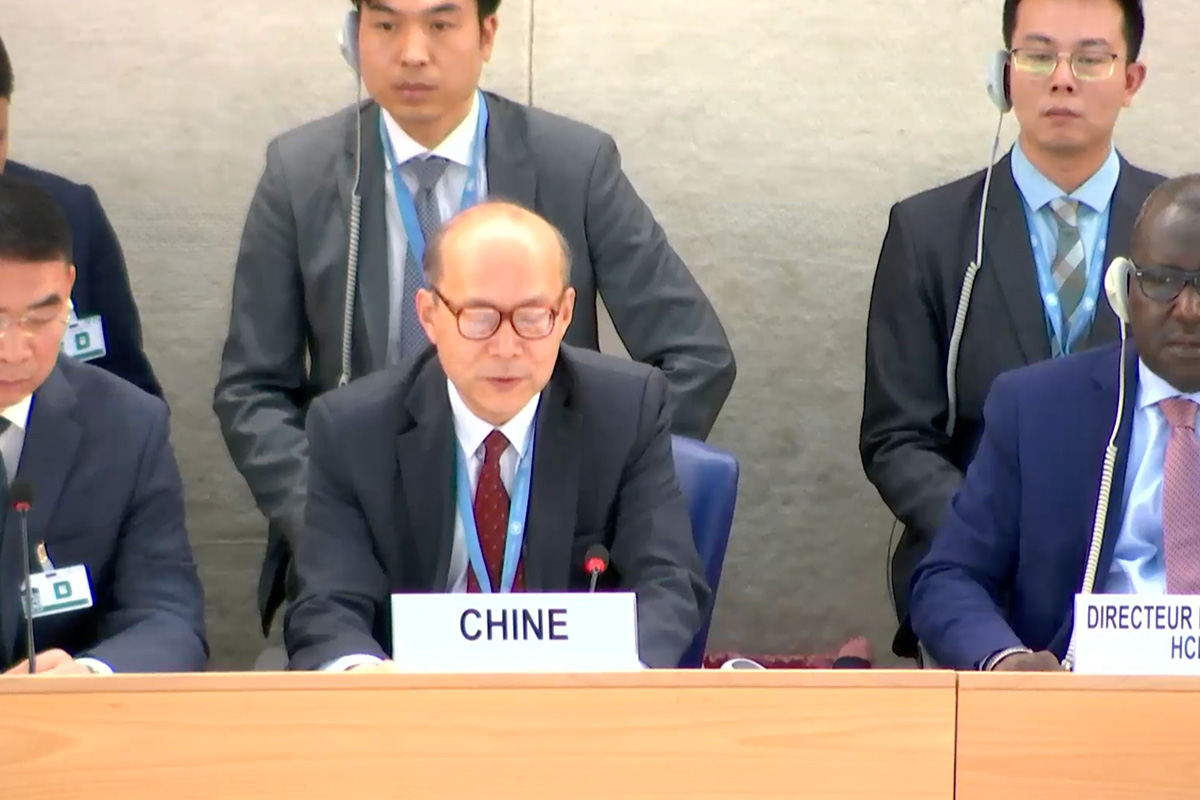Update: On 8 October 2021, the HRC adopted by consensus the resolution on cooperation with the UN, its representatives and mechanisms in the field of human rights.
On 29-30 September, the Assistant Secretary-General for Human Rights (ASG), and senior official on reprisals, Ilze Brands Kehris, presented the Secretary General’s annual report on reprisals to the Human Rights Council. The ASG welcomed the increased attention to intimidation and reprisals across the UN system and drew attention to four key trends highlighted by the report.
Firstly, allegations of monitoring and hacking either online or offline were made against over half of the 45 States referred to in the report. Secondly, possible patterns of intimidation and reprisals have emerged in several States; China, Egypt, Iran, Saudi Arabia and Viet Nam, as well as India, Israel, Myanmar, the Philippines, and Venezuela. In addition, UN entities have yet again identified instances where they believe the detention is “systemic”, such as in the United Arab Emirates. Thirdly, restrictive legislation under the guise of national security policies is used to prevent and punish those cooperating with the UN. The fourth trend identified by the report is that the increasingly challenging and at times repressive environment that human rights defenders must work in is deterring individuals from reporting to and cooperating with the UN.
The ASG noted that efforts are underway to document cases and trends to facilitate disaggregated reporting and more nuanced analysis, and to improve the UN’s response, while also acknowledging the need for more sophisticated data analysis and reporting and for greater assistance in this regard. The ASG also encouraged more regular and systematic reporting.
The EU, Liechtenstein and Germany raised concerns about the increasing trend of self-censorship by human rights defenders resulting from a fear of reprisals. Meanwhile, COVID-19 emergency measures were identified as being the latest pretext used to stifle civil society by Australia, France, Switzerland, and the UK.
States raise concerns about specific cases
Some States responded to ISHR’s call to raise specific cases during the dialogue. The BENELUX countries (Belgium, the Netherlands and Luxembourg) regretted the high numbers of reprisals that are just ‘the tip of the iceberg’. They expressed particular concern about the arbitrary detention and ill-treatment of Mr. Sergey Drozdovskiy in Belarus, and the killing of Mr. Chue Youa Vang by the army in Laos., the cases of Mr. Bakhtiari, Mr. Vahid and Mr. Afkari in Iran, the case of Mr. Nurgeldi Halykov in Turkmenistan, and the cases on Ms. Vilma Nuñez de Escorcia, Mr. Anibal Toruño, Mr. Marcos Caarmona and Mr. Jonathan López in Nicaragua.
Other States deny allegations made against them
Once again China, Cuba, and Venezuela rejected the report and claims made therein, whilst Iraq, Saudi Arabia and Sri Lanka used the dialogue as an attempt to refute the allegations made against them in the report.
ISHR delivered a statement during the interactive dialogue reiterating their year-on-year dismay regarding the high number of States cited in the SG’s Reprisals Report. Of particular concern is that of the 45 States cited, 13 are current Council members (Bahrain, Bangladesh, Cameroon, China, Cuba, India, Indonesia, Libya, Mexico, Pakistan, Philippines, Russian Federation, Venezuela).
ISHR is disappointed by the SG’s failure to clearly call out States where reprisals are systematic. Previous reports in 2020 and 2019 have referenced specific communications made by the ASG to States exhibiting ‘patterns’ of intimidation and reprisals. This was an important step to increase accountability and should be reinstated.
ISHR is further disturbed by the omission of Hui-Jung Chi’s case from the report. Chi is a well-known Taiwanese activist who was blocked by UN Women from participating in a virtual meeting held by the UN Women’s Asia Pacific Regional Office. ISHR reiterated its call that all relevant cases submitted must be included to ensure the report’s credibility.
In Egypt, multiple UN actors addressed the targeting and prolonged detention of victims of reprisals for cooperation with the UN, including based on the abuse of overbroad counter-terrorism and national security legislation. These include: Ibrahim Metwally has been arbitrarily detained since 2017, and Mohamed Al-Baqer and Ramy Kamel have been arbitrarily detained since 2019. ISHR called on Egypt to immediately and unconditionally release them.
The International Dalit Solidarity Network has been waiting 14 years for ECOSOC accreditation and has received 100 overwhelmingly irrelevant questions for the sole purpose of indefinitely delaying their access and participation at the UN. ISHR called on the member States on the Committee on NGOs, who are in a position to put an end to this blatant discrimination as it is long past time for them to act.
Finally, ISHR urged all States to support the adoption of the draft resolution on cooperation with the UN, its representatives and mechanisms in the field of human rights and resist any efforts to undermine and weaken it. The draft resolution, presented by Ghana, Fiji, Hungary, Ireland and Uruguay at the current session, aims to strengthen the responses by the UN and States to put an end to acts of intimidation and reprisals.
Help us to #EndReprisals at the UN. Join ISHR’s campaign today!




